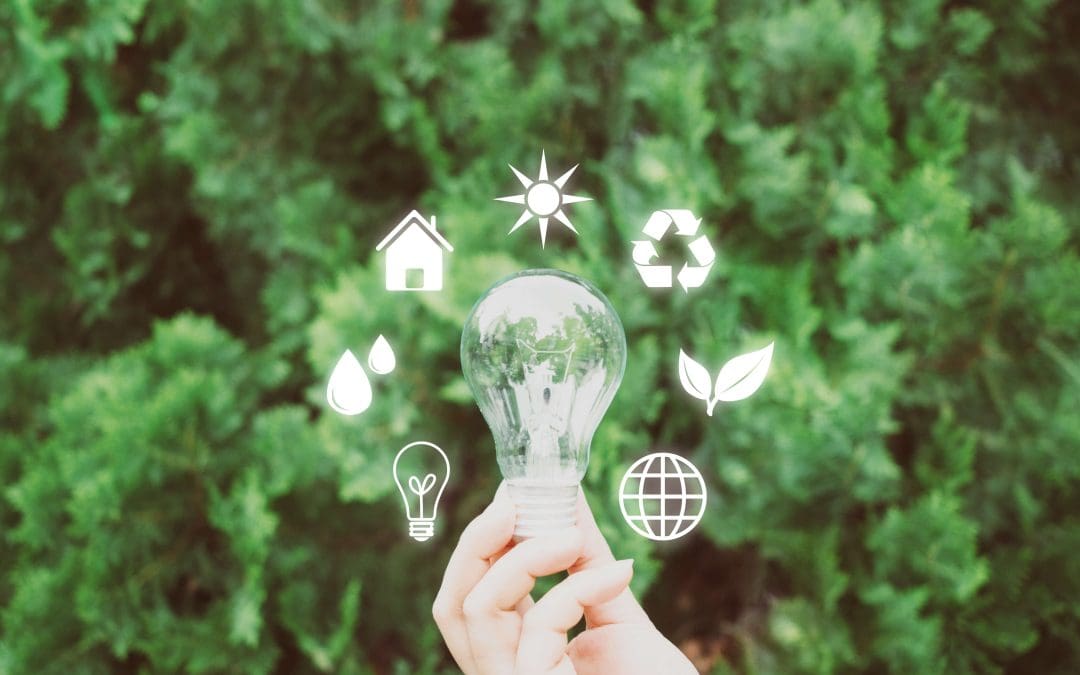With rising utility costs and growing environmental concerns, an increasing number of homeowners are seeking ways to reduce waste and increase efficiency. You don’t need to renovate your entire house to make a difference. Small changes make a big impact, helping you lower bills, reduce your carbon footprint, and make your home more enjoyable year-round. Energy efficiency is all about using less energy to perform the same tasks, keeping your home warm in winter and cool in summer, and powering your daily life without wasting electricity or fuel. By making your home more energy efficient, you will enjoy a cleaner, greener, and more cost-effective lifestyle.
Assessing Where Your Home Can Be More Energy Efficient
Before making upgrades, it’s helpful to understand where your home is losing energy. Scheduling a home energy audit is a great starting point. A professional inspector will pinpoint areas that waste the most power, such as drafty windows, outdated insulation, or inefficient heating and cooling systems. Even without a professional audit, you could start by checking for leaks around doors and windows, inspecting your attic insulation, and reviewing your utility bills for unusual spikes. Once you identify where energy is being lost, you can focus your efforts where they’ll make the most difference.
Improving Insulation for an Energy Efficient Home
One of the most effective ways to make your home more energy efficient is by improving insulation. Proper insulation helps maintain a consistent indoor temperature, reducing the workload on your HVAC system. If your home feels drafty or your heating and cooling bills are high, your insulation may need an upgrade. Adding insulation to attics, walls, and floors prevents heat from escaping during the winter and keeps it out during the summer. Sealing gaps around windows, doors, and pipes also helps eliminate air leaks. These improvements not only boost comfort but will also lead to significant long-term savings on energy bills.
Upgrading to Energy Efficient Windows and Doors
Windows and doors play a major role in how energy efficient your home is. Old or single-pane windows will let heat escape and drafts enter, forcing your heating and cooling systems to work harder. Replacing them with energy-efficient models will drastically improve your home’s insulation. Energy efficient doors also make a difference. Look for insulated materials and tight seals to minimize air leakage. If replacement isn’t in the budget, adding weather stripping and thermal curtains could help keep temperatures stable and energy usage down.
Smart Home Technology and Energy Efficiency
Modern technology makes it easier than ever to create a truly energy efficient home. Smart thermostats, for example, learn your habits and automatically adjust the temperature for optimal performance. You control them remotely, ensuring your home uses less energy when you’re away. Smart lighting systems also reduce waste by allowing you to schedule or dim lights based on your needs. Pairing these with energy-efficient LED bulbs will lower your lighting costs. Even smart plugs and power strips help cut down on “phantom” energy usage from devices that stay plugged in but aren’t in use. By incorporating smart technology into your home, you take control of your energy consumption in ways that are both convenient and effective.
Making Appliances Work Smarter, Not Harder
Household appliances account for a large portion of your energy use, so upgrading to energy efficient models leads to noticeable savings. Look for appliances labeled with the ENERGY STAR® certification, which guarantees they meet government standards for efficiency. If replacing appliances isn’t an immediate option, using existing ones wisely still makes a difference. Running full loads in your washer and dishwasher, cleaning dryer vents, and unplugging unused electronics all help conserve energy. Regular maintenance also keeps your systems running efficiently and prevents costly breakdowns.
Renewable Energy Options for the Future
For homeowners seeking to elevate their energy efficiency, renewable energy is becoming increasingly accessible. Solar panels significantly offset your electricity usage and even generate excess power. While the initial investment could be substantial, many regions offer tax credits and incentives that make the switch more affordable. Other options, such as solar water heaters and geothermal heat pumps, are also gaining popularity. These technologies will reduce reliance on fossil fuels and increase your home’s long-term value while helping the environment.
Frequently Asked Questions (FAQs)
How could I make my home more energy efficient on a budget?
Start with small, affordable steps like sealing leaks, switching to LED bulbs, and adjusting your thermostat.
Does being energy efficient really save money?
Yes. While some upgrades may require upfront costs, most pay for themselves through lower utility bills within a few years.
Are smart home devices worth the investment?
Absolutely. Smart thermostats, lighting, and plugs help you monitor and reduce energy use effortlessly. They’re especially useful for busy homeowners who want savings without constant manual adjustments.
How can I tell if my home needs more insulation?
If your home feels drafty, your HVAC system runs constantly, or certain rooms are hotter or colder than others, you likely need additional insulation or sealing improvements.
Inspection Services of Wisconsin provides home inspection services for customers in Northeast and South Central Wisconsin. Contact us to request an appointment.

